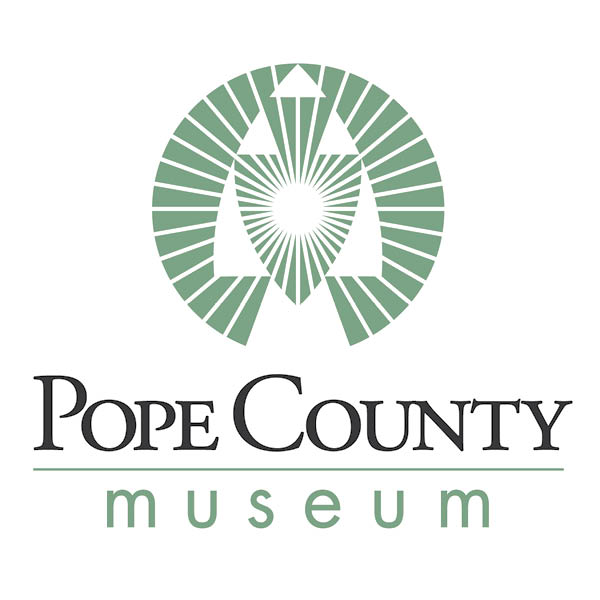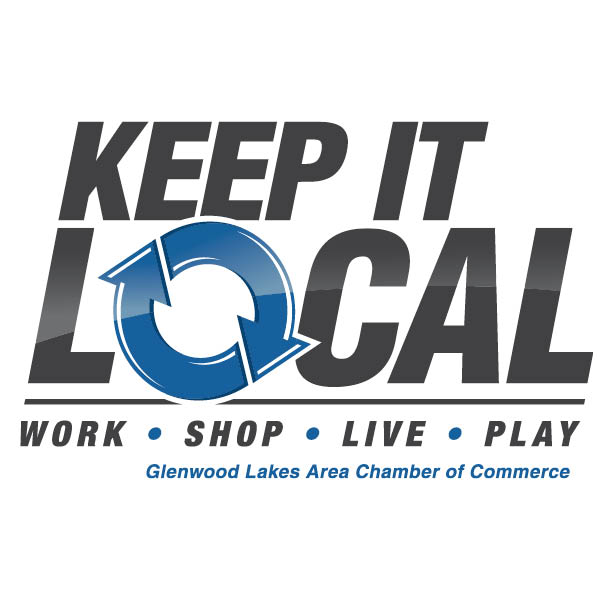Starbuck preliminary levy increased by 10% over 2024
News | Published on September 30, 2024 at 12:19pm CDT
By Kris Goracke
Reporter
The Starbuck City Council voted to increase the 2025 preliminary tax levy by 10% over 2024 during a special meeting on Thursday, Sept. 19. Despite the city’s healthy reserve, as noted by City Clerk Joan Kerkvliet, the council decided to move forward with the levy increase.
The council will continue to work on lowering the levy before it is finalized in December, according to Mayor Gary Swenson.
During the 2024 spring audit, David Meyer presented the report and stated that the city is in “very healthy” financial shape. Meyer highlighted key points from the 2023 auditor’s report, noting that the general fund’s cash and investment balance at the end of 2023 was $1,937,076, a significant increase of $1,067,501 since 2019.
Meyer explained that the state auditor recommends that cities maintain reserves of 35-50% of total receipts. Starbuck, however, far exceeds this guideline with a reserve of 123%, it was stated. The state also suggests cities have five months’ worth of receipts in their fund balance, but Starbuck currently has 17 months’ worth. Much of the city’s general fund balance comes from property taxes, which totaled $703,668 in 2023, up from $467,362 in 2019. With the 10% levy increase, the city is expected to collect $839,112 in property taxes.
Kerkvliet explained that the proposed budget is based on known and assumed expenditures. A 3% levy would result in a budget deficit of $28,722. “However, we do have a healthy reserve,” she noted.
Factors that could
impact 2025 budget/levy
As the council discussed the budget, they considered several additional factors impacting the 2025 budget. One was a proposed Housing and Redevelopment Authority (HRA) project to build small homes in the northwest section of town. The HRA requested the city provide water and sewer services, with an estimated cost of $360,000.
“I talked to them, and I know they are looking at two other locations. They would like an answer sooner rather than later,” said council member Chris Taffe. Council member Dane Christensen expressed his support for the project, adding, “I think it would be hard to say we recognize a housing shortage and then do nothing to address it. I like having 17 lots in that proposed section, rather than just four houses with big yards. If there’s a need for small houses, I think it’s good for our town.”
“Is there a way the council was thinking of how this would be paid for? Would it be with the reserves from another fund or increasing fees?” asked Kerkvliet.
Council member Steve Gorder suggested, “Could we levy for it? Instead of depleting our reserves, I think we’d be better off raising the tax levy.” The council ultimately agreed to proceed with the HRA project and provide water and sewer services.
The council also discussed the potential renovation of the tennis courts. Bids are being sought for both asphalt and concrete, though the council hasn’t yet finalized its plans for the number of pickleball courts or whether to include a multi-use court. The issue was tabled until more bids were received.
Another factor in considering the budget is the city’s need for a new payloader, as Water and Sewer Supervisor Randy Peterson presented. The current payloader is 10 years old and still functional, but Peterson suggested replacing it before significant issues arise. The council agreed and asked Kerkvliet to include the higher estimated cost of $224,717 in the budget, with an estimated payment of $30,000 for 2025.
After reviewing the additional requests, the council returned to the levy discussion. Mayor Gary Swenson inquired whether the deficit accounted for the previously mentioned factors. “It includes the payloader, but not the renovation of the tennis courts or the HRA project,” Kerkvliet clarified.
“So, since we can lower the levy later, I think we should start higher,” Taffe suggested. Council member Christensen proposed a 5% levy increase with the option to reduce it later.
Gorder pointed out that a 5% increase wouldn’t eliminate the deficit. “I feel more comfortable with 8%,” he said. Kerkvliet estimated that an 8% levy would generate about $80,000. “That would help,” Gorder responded before asking Swenson’s opinion. Swenson said he preferred a 10% increase, adding, “We can always come down later.”
Ultimately, the council agreed to start with a 10% increase in the preliminary levy, with the understanding they could reduce it if needed. The preliminary levy can be reduced but cannot be increased. The council has until the end of December to finalize the levy, which could be lowered at that time.
In other business, the council discussed a request from Starbuck Locker owner Mathias Briard to vacate a right-of-way (ROW) and other city-owned land. Swenson proposed paying for Briard’s $1,800 survey, but Christensen opposed the idea, arguing that vacating the ROW was a significant gesture of support.
The council approved a bid to pave most of the roads in Hobo Park, excluding a few near the playground, which will be overlaid. The accepted bid was $123,970, with funds from the Hobo Park account.
Due to Columbus Day, the next regular city council meeting is scheduled for Tuesday, Oct. 15.




